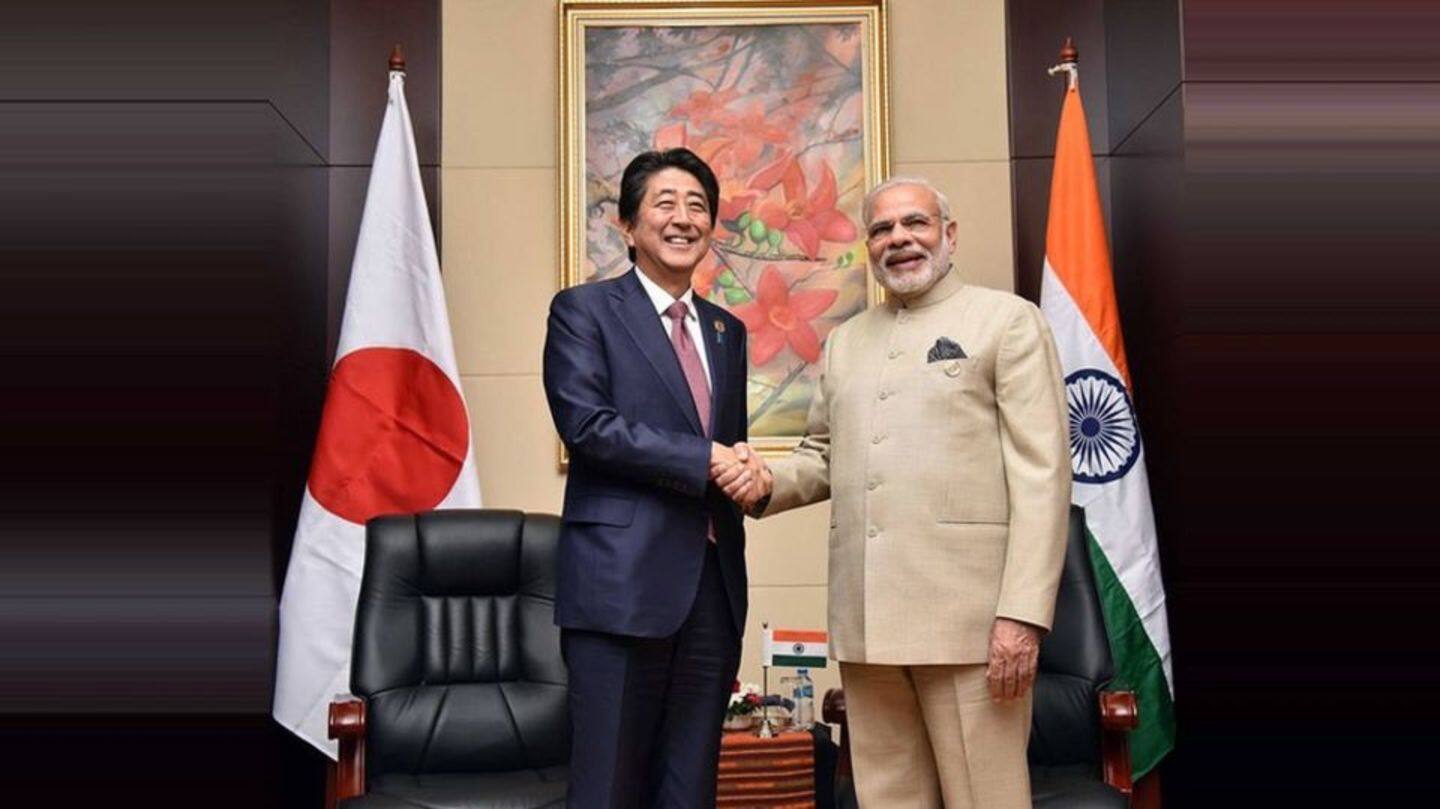
Japan backs India, says Doklam status-quo must not change forcibly
What's the story
Japan has endorsed India's position on the ongoing standoff between Indian and Chinese troops at Doklam, near the India-China-Bhutan tri-junction area. Japanese Ambassador Kenji Hiramatsu said there should be no forcible attempt at changing the on ground status-quo. India and Bhutan both contend that China's attempts at building a road through Doklam would violate Bhutan's sovereignty and place Indian military forces at a disadvantage.
Statement
What did Japan say about Doklam standoff?
Ambassador Hiramatsu said his country is closely following the Doklam standoff due to its potential to impact regional stability. He said the crisis is between Bhutan and China. Yet, Japan understands India's involvement in Doklam, a Bhutanese territory, is in keeping with New Delhi's bilateral security agreement with Thimpu. Meanwhile, China has accused India of having no business to intervene on Bhutan's behalf.
Details
Japan considers India's emphasis on dialogue with China important
Hiramatsu said Japan considers it important that India sticks to its stance of continuing to engage in diplomatic dialogue with China to find a "mutually acceptable solution" to the Doklam crisis. Earlier the US had called on India and China to solve the crisis using dialogue. However, China has taken a tougher stance saying India must withdraw its troops for dialogue to begin.
Analysis
Japan's endorsement of India's stance reflects mutual insecurity of China
Japan's endorsement to India's stance on Doklam can be seen in the context of Tokyo's own territorial dispute with Beijing. China claims that the Japan-controlled islands (called Senkaku by Japan and Diayou by China) in the East China Sea are its territory. Japan, like India, remains wary of China's growing military prowess. This mutual insecurity has brought India and Japan together strategically and diplomatically.